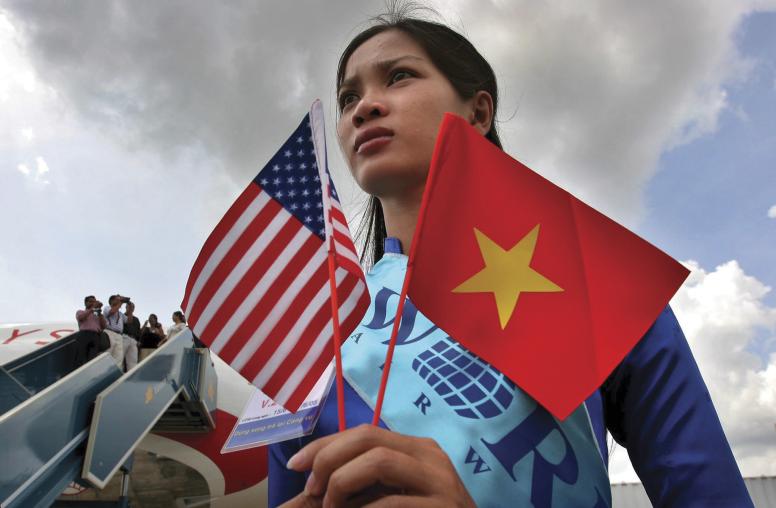30 Years Later: German Reunification Revisited
Read the Event CoverageWhile the fall of the Berlin Wall is now celebrated as a symbol of the end of the Cold War, the immediate aftermath was a tumultuous period which could easily have resulted in chaos and conflict. The remarkable diplomatic efforts that reunified Germany offered a blueprint for nations to pursue a shared vision of a Europe whole and free and at peace with Russia as a partner, not an adversary. Together, the leaders of the United States, Germany, Russia and other European friends and allies were able to navigate safely the treacherous path to a post-Cold War world. Essential to that transition was the personal relationship of trust between President George H. W. Bush and West German Chancellor Helmut Kohl. Together with Soviet President Mikhail Gorbachev, they ushered in the dawn of a new age with the security and foreign policy challenges we are still grappling with today.
On January 28, USIP honored the 30th anniversary of German reunification with the establishment of “Reconciliation Hall” in the Institute’s George H. W. Bush Peace Education Center. This virtual event, featuring preeminent figures in the U.S.-German partnership, looked back at the lessons German reunification provides to peacebuilders around the world, and explored why continued cooperation between the two nations will be as essential to meeting the challenges of this century as they were in meeting the challenges of the 20th.
Continue the conversation with #ReunificationRevisited.
Welcome and Introductions
- Stephen J. Hadley
Chair, Board of Directors, U.S. Institute of Peace - Emily Haber
German Ambassador to the United States - Lise Grande
President and CEO, U.S. Institute of Peace
Panel 1: Lessons of Reunification for Peacebuilding
- James A. Baker, III
61st U.S. Secretary of State - Horst Köhler
Former Federal President of Germany - Jon Meacham, moderator
Presidential Historian
Panel 2: Reunification Revisited and What the Future Holds
- Condoleezza Rice
66th U.S. Secretary of State - Horst Teltschik
Former National Security Adviser to Chancellor Helmut Kohl - David Ignatius, moderator
Columnist, The Washington Post



